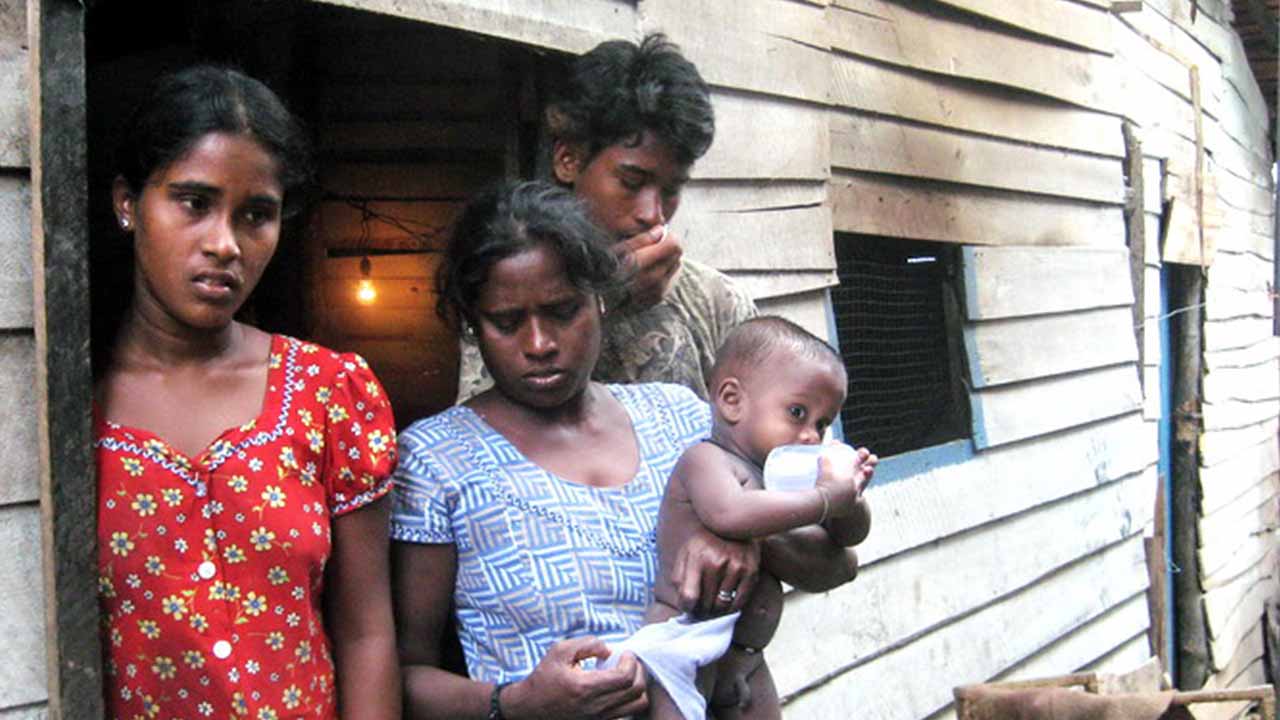Sri Lanka is facing an acute economic crisis due to job and earning losses, high food inflation and dwindling finances, as per the World Bank’s Sri Lanka Development Update (SLDU). Inflation has been spurred by the government printing money to pay off domestic loans and foreign bonds.
The South Asian island country needs to repay about $7.3 billion in domestic and foreign loans in the next 12 months, says a report by British newspaper Guardian. This includes a $500-million international sovereign bond repayment due in January. As of November, the available foreign currency reserves were just $1.6 billion, it said.
According to media reports, the meltdown faced by Gotabaya Rajapaksa-led government is due to the immediate impact of the Covid-19 crisis and the loss of tourism, apart from high government spending and tax cuts eroding state revenues, vast debt repayments to China, and low foreign exchange reserves.
The World Bank estimates 5,00,000 people have fallen below the poverty line since the onset of the pandemic. December food price inflation soared to 22.1 percent from 17.5 percent a month before, according to the country’s central bank.
Sri Lanka’s federal Cabinet is considering taking help from International Monetary Fund (IMF). A meeting is being planned to decide whether or not to seek bailout funds from the IMF, as the nation struggles with limited options to address upcoming debt maturities.
The group of ministers will be joined by central bank Governor Ajith Nivard Cabraal and Treasury Secretary Sajith Attygalle, according to environment minister Mahinda Amaraweera, whose Sri Lanka Freedom Party members have favoured approaching the Washington-based lender. However, the idea is opposed by some members of other parties that make up the country’s ruling coalition.
The IMF last year prematurely ended a loan programme to Sri Lanka after disbursing $1.3 billion of an agreed $1.5 billion facility, leaving the nation scouting for ways to tide over the pandemic-induced downturn. With no revenue from tourism, a sector that until recently made up about 5% of the country’s economy, Sri Lanka has turned to countries like China and India for emergency support amid a weak foreign-reserves position.
The island nation has $500 million of bonds due January 18 and $1 billion in July. Rating companies like Fitch Ratings and Moody’s Investors Service have cut the sovereign’s credit score deeper into junk territory citing delays in the government’s fundraising efforts, say reports.


























